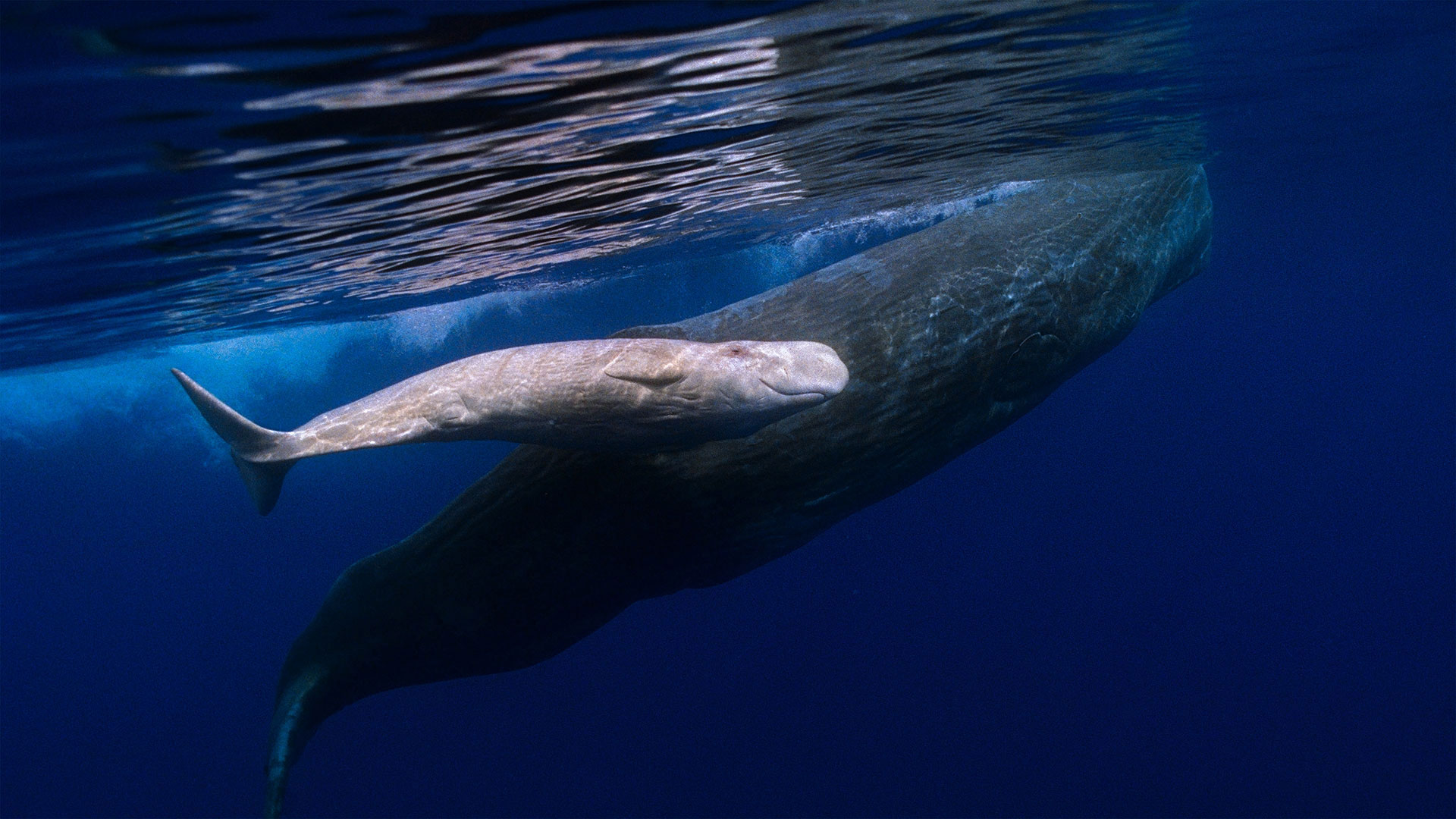Seychelles, a picturesque archipelago located in the Indian Ocean, is renowned for its stunning beaches, crystal-clear waters, and lush tropical landscapes. However, like many other countries around the world, Seychelles has been facing mounting environmental challenges, particularly in the management of waste. With a booming tourism industry and a growing population, the country has been grappling with the issue of waste management, leading to a significant impact on its pristine natural environment. In response to this pressing issue, Seychelles has made a bold move to invest in incinerator technology, signaling a strong commitment to environmental sustainability.
The decision to invest in incinerator technology is a significant milestone for Seychelles and reflects the country’s determination to address its waste management challenges in a sustainable manner. Incinerator technology offers a viable solution for managing waste, particularly non-recyclable and hazardous materials, while also providing a source of renewable energy. This move is in line with Seychelles’ broader vision to become a model of environmental sustainability and preserve its natural beauty for future generations.
The incinerator technology investment also reflects Seychelles’ broader efforts to mitigate the impact of climate change and reduce its carbon footprint. By incorporating incinerator technology into its waste management infrastructure, Seychelles is taking proactive steps to reduce the volume of waste destined for landfills, thereby minimizing methane emissions which are a significant contributor to global warming. Furthermore, the energy generated from the incineration process can be harnessed to power local communities, contributing to the country’s transition towards renewable energy sources.
In addition to the environmental benefits, the investment in incinerator technology also holds significant economic potential for Seychelles. The production of renewable energy from waste incineration can reduce the country’s reliance on imported fossil fuels, leading to cost savings and increased energy security. Moreover, the development of incinerator technology infrastructure can create jobs and stimulate economic growth in the country, offering a promising avenue for sustainable development.
The decision to invest in incinerator technology has garnered widespread attention and support from stakeholders within Seychelles and the international community. Environmental organizations, industry experts, and policymakers have lauded the move as a positive step towards addressing the environmental challenges faced by Seychelles. The investment in incinerator technology has been viewed as a clear demonstration of Seychelles’ commitment to sustainable development, setting an example for other countries facing similar waste management issues.
While the investment in incinerator technology holds great promise for Seychelles, it is also important to address any concerns and questions surrounding this development. In this context, the following FAQs provide a comprehensive overview of the investment in incinerator technology and its implications for Seychelles’ environmental sustainability efforts.
FAQs:
1. What is incinerator technology, and how does it work?
Incinerator technology involves the controlled burning of waste materials at high temperatures to reduce the volume of waste and generate energy. In this process, non-recyclable and hazardous materials are safely disposed of, and the heat generated from incineration can be harnessed to produce electricity or heat for various applications. Modern incinerator technology incorporates advanced filtration systems to minimize air pollutants and ensure environmentally responsible waste management.
2. What are the environmental benefits of investing in incinerator technology?
By investing in incinerator technology, Seychelles can significantly reduce the volume of waste destined for landfills and minimize the potential for environmental contamination. The production of renewable energy through waste incineration also contributes to reducing greenhouse gas emissions and mitigating the impacts of climate change. Additionally, incinerator technology can facilitate the safe disposal of hazardous waste, further contributing to environmental protection.
3. How will the investment in incinerator technology impact sustainable development in Seychelles?
The investment in incinerator technology aligns with Seychelles’ commitment to sustainable development by providing a solution for managing waste in an environmentally responsible manner. The generation of renewable energy from waste incineration can reduce the country’s reliance on fossil fuels, leading to cost savings and increased energy security. Furthermore, the development of incinerator infrastructure can create employment opportunities and stimulate economic growth, contributing to Seychelles’ broader sustainable development goals.
4. What measures are in place to ensure the safe and responsible operation of incinerator technology in Seychelles?
The implementation of incinerator technology in Seychelles will be governed by stringent regulations and environmental standards to ensure the safe and responsible operation of incinerator facilities. Comprehensive monitoring systems will be put in place to assess air quality, emissions, and waste management practices, with regular inspections and audits conducted to uphold environmental protection and public health. Additionally, public engagement and awareness initiatives will be conducted to foster transparency and accountability in the operation of incinerator technology.
5. How can the investment in incinerator technology contribute to Seychelles’ transition towards renewable energy sources?
The integration of incinerator technology into Seychelles’ waste management infrastructure can contribute to the country’s transition towards renewable energy sources by harnessing the energy generated from waste incineration. This renewable energy can be utilized to power local communities, reducing the dependence on imported fossil fuels and supporting the country’s broader efforts to promote sustainability and energy independence.
In conclusion, Seychelles’ investment in incinerator technology signifies a resolute commitment to environmental sustainability and presents a strategic solution for addressing the country’s waste management challenges. This move underscores Seychelles’ dedication to preserving its natural environment, mitigating the impacts of climate change, and promoting sustainable development. As Seychelles embarks on this transformative journey, the investment in incinerator technology holds the potential to usher in a new era of environmental stewardship and sustainable growth for the country.
Seychelles’ investment in incinerator technology signals a commitment to environmental sustainability




